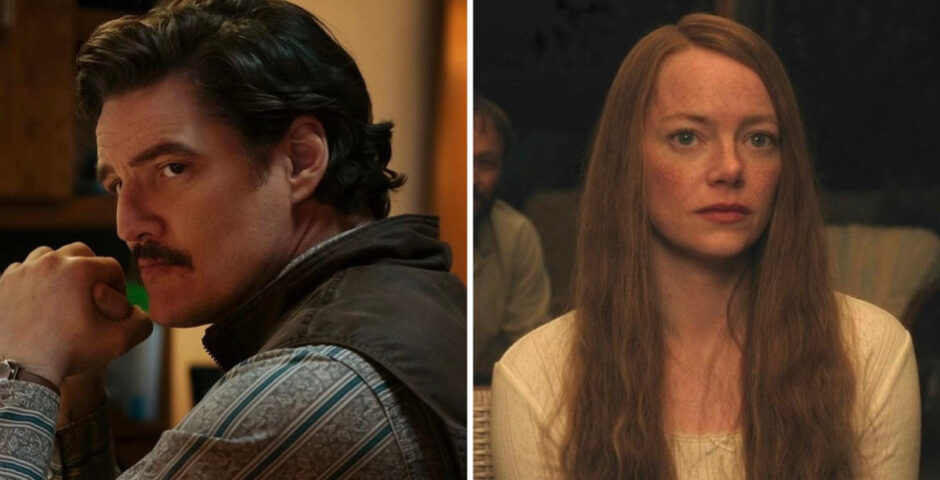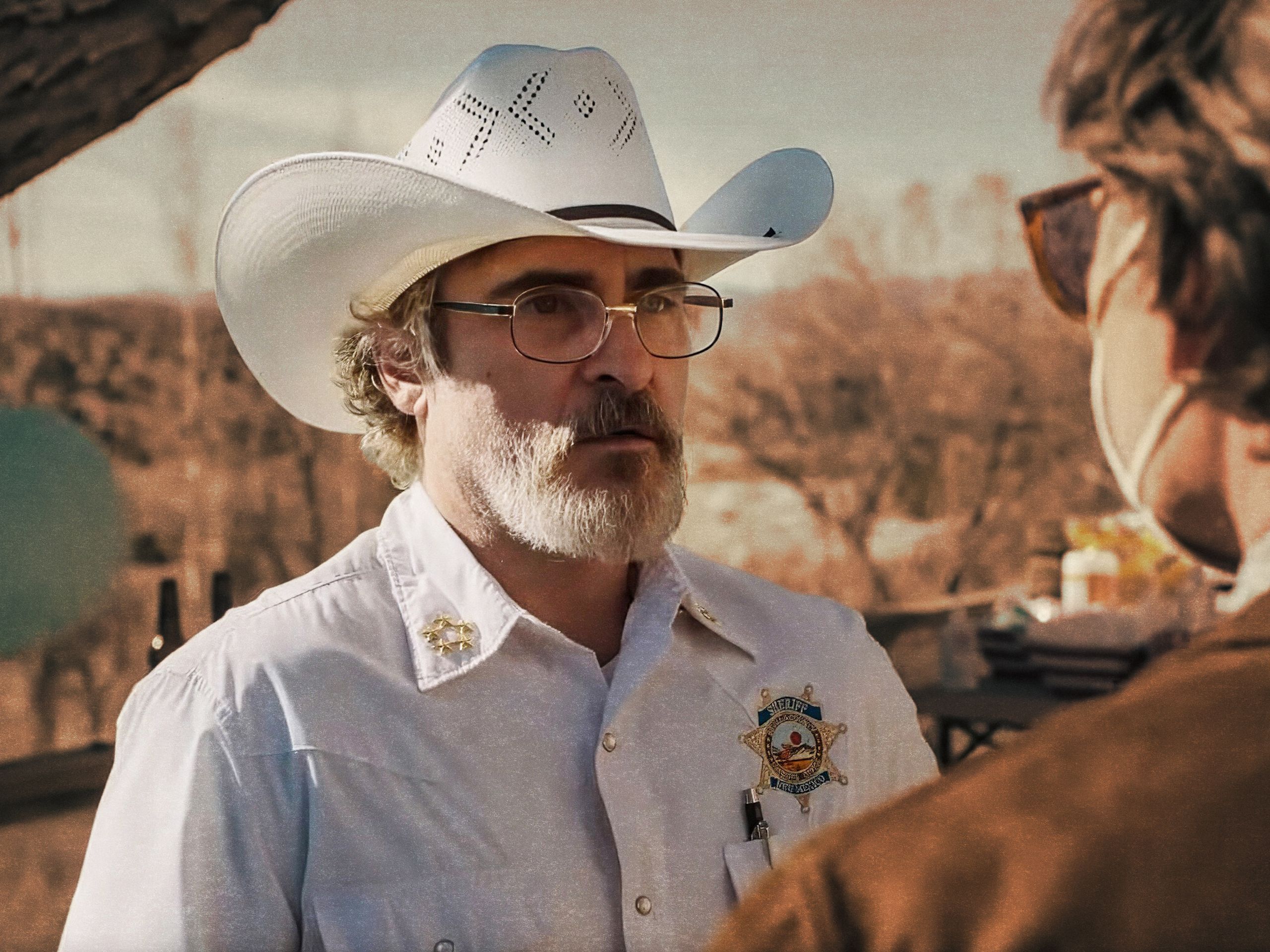
Here’s why new Pedro Pascal film Eddington has divided audiences and created huge backlash
People have called the film ‘grossly irresponsible’
Ari Aster is a director known for pushing boundaries and shocking audiences – in fact, he’s made a brand off it. His debut feature film Hereditary was instantly acclaimed and is now regarded as one of the best horror films of the 21st century, with similar praise going to his follow up film Midsommar. Both these films were slightly controversial for their violence, but with his third film Beau Is Afraid, Aster went full surrealism and alienated a lot of audiences in the process. But none of his films have alienated audiences more than this year’s Eddington – a full pivot from horror but an exercise in cynicism, centrist viewpoints and bleakness and the film has been extremely controversial and has garnered a lot of backlash. Some have deemed Eddington “grossly irresponsible” – so here’s why the film has seen so much backlash.
What’s Eddington about?
Pedro Pascal and Joaquin Phoenix go head to head as rival mayoral candidates in the town of Eddington set in the backdrop of the Covid pandemic in 2020. Phoenix plays an anti-mask sheriff named Ted getting more annoyed with Pascal’s Joe – a progressive mayor. The film criticises both sides of the debate during this era and satirises political responses to the pandemic and social justice movements.
However, the reason it’s become so controversial is because Ari Aster has made both sides of the debate look bad – which is fine in essence, but some feel like his neutral stance has become irresponsible in the current political climate.

Joaquin Phoenix in Eddington
Most Read
One review that calls out the reasons people are taking umbrage with Eddington and explains the backlash to the film very astutely is this one from Claira Curtis Letterboxd: “Grossly irresponsible to make a film that attempts to examine the intensely vitriolic state of American politics amidst the earliest months of COVID and not mention how Trump, or the MAGA-sphere, directly amplified and exacerbated so many of those very issues.
“But at least we can laugh about the youths caring very loudly about George Floyd’s murder. And we can roll our eyes at the women who succumb to right-wing conspiracies as a coping mechanism to deal with trauma that exists just to make them difficult to stomach. I found every part of this uninteresting and, maybe even worse, unintelligent.
“No interest in digging into the nuances that exist within this reality, no attempt at reconciling with these experiences, just nonstop upping the ante in the bizarrely cruel and misguided ways Aster seems to be gravitating towards more with each new film.”
Is it that bad?
Personally, I respect Ari Aster deeply as a filmmaker and think he makes work that is always fascinating and worthy of discussion and analysis. I find the desire to be provocative and indifferent to serious matters, at times, exhausting – and can completely understand why his brand of relentless smug eye rolling can be tough to stomach for many.
Let’s just watch Weapons again, shall we!
For more like this, like The Tab on Facebook.



















